Project Participants
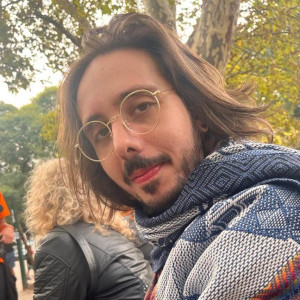
Caio Mathias Vaz Pereira is a Ph.D. student in History at Princeton University. He received an M.A. in Social History and B.A. in History from Universidade Federal Fluminense (UFF), in Brazil. His dissertation develops research on the global dimensions of the intra-American slave trade between Rio de Janeiro and Rio de la Plata, through the lens of historical capitalism.
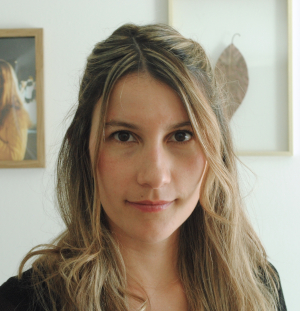
María Alejandra Peñuela Hoyos is a Ph.D. student in the Department of Spanish and Portuguese. Her research explores religious conversion processes and issues of belonging in Early Modern Iberia. Working at the intersection between religion, race and gender, she seeks to assess the consequences of the crossing of identity boundaries for the Muslim community in sixteenth and seventeenth century Spain.
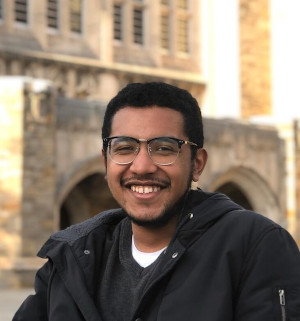
David Rivera Mosquera is a Ph.D. student in the department of Spanish and Portuguese at Princeton University. He is from Bogotá, Colombia, and holds a bachelor’s and an M.A. in Literature from Universidad de los Andes. His research involves the Iberian cultural, political, and economic presence in East Asia and the Pacific during early modernity. Specifically, he works on urban life, Christian-inflected material culture, speech acts and performative practices in New Spain, the Philippines, and Southern Japan between the XVI and XVIII centuries.
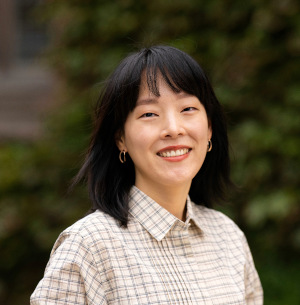
You-Jin Kim is a Ph.D. student in the Department of Spanish and Portuguese at Princeton University. Her dissertation focuses on cultural practices that show how women of the early modern Spanish Pacific–Spanish, mestiza, Japanese, and indigenous–navigated and found agency in spaces shaped by Spanish colonialism. More specifically, her research examines various profiles of women in the Spanish Pacific during the seventeenth and eighteenth centuries and identifies their struggles and acts of negotiation within societal restrictions.

Clariza Macaspac is a Princeton University alumna from the class of 2024. Her senior thesis, Untold Stories of Women in 17th and 18th Century Philippines, won the Ronald Surtz for the 2024 best independent work on Early Modern studies by a junior or senior major in Spanish and Portuguese. This work focuses on non-elite women whose stories were revealed through testimonies from judicial and ecclesiastical investigations.
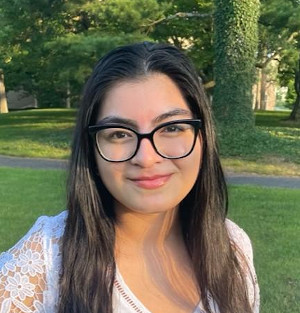
Mariela Mancia Pineda is a Princeton University alumna from the class of 2024. Her senior thesis explored the subject of Latine Identity Creation in Memoirs. She was also the recipient of the Mellon Mays Undergraduate Fellowship.
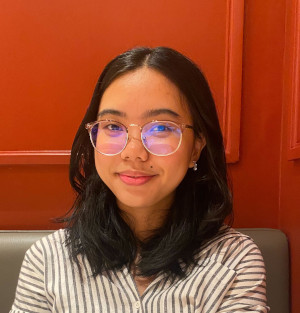
Bridget Bico is a graduating student in the Bachelor of Arts in Anthropology program at the University of the Philippines Diliman. Her fieldwork in Banton, Romblon, Philippines, focused on folk Catholicism and local devotion to iconographic representations on the island. While knowledgeable in fieldwork methodologies, she also seeks to understand the transformations of popular Catholicism through historical records from the period of Spanish colonization. She is currently working as a research assistant on various manuscripts from the 1600s and 1700s related to the Spanish Philippines. Her other research interests include the intersections of law and culture, urban studies, and the anthropology of space.

Jeraiah D. Gray is an M.A. graduate student in History (Ethnohistory and Local History) at the University of the Philippines Baguio. She is interested in the ways peri-colonial zones and indigenous people were brought into the orbit of the colonial Philippine state through the production of urban spaces and the contingent circulations of people, commodities, and cultures that follow. At present, she is developing a thesis on urbanization at the edge of empire in Northern Luzon, the Philippines, during the Philippine transition from Spanish to American colonial rule at the turn of the twentieth century.
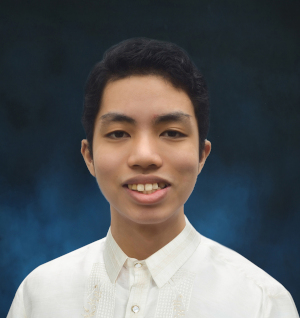
Joaquin Manuel Reyes is an undergraduate student at the University of the Philippines Diliman. His investigations explore Filipino history and historiography through the lens of the humanities and literature, such as Spanish-language novels written during the 20th-century within Filipino society. His interests also include the Inquisition in New Spain, as well as colonial linguistics for Filipino languages. Currently, he is studying the Arte de la lengua pampanga, an 18th-century grammar of the indigenous Kapampangan language by the Augustinian missionary Diego Bergaño.
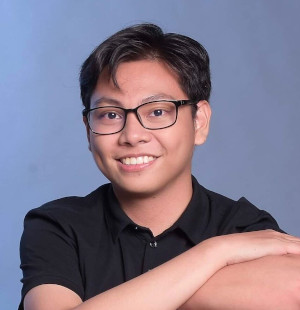
John Carlos B. Duque is a graduate student and Teaching Associate at the Department of History, University of the Philippines Diliman. His research targets the recovery of Philippine voices marginalized by Spanish colonial rule (1571 to 1898). Against a backdrop of imperial expansion and global exchange, grassroots agents negotiated their identities. John Carlos emphasizes the often neglected participation of the colonized in the production of social categories such as moro, indio, and dementes. His research into the intimate and personal narratives found in inquisition materials examines the ways in which the marginalized sought to (re)define and to locate themselves within or beyond the Spanish empire.
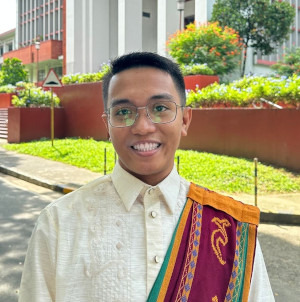
Moises Levi Orlino is a graduate student and Teaching Associate at the Department of History, University of the Philippines Diliman. His interest lies in the seventeenth century, with a focus on the integration of indigenous Filipinos into the colonial army employed by the Spanish crown in its expansion into and defense of the Pacific. Levi highlights these soldiers’ influential and instrumental roles in the colonial government’s survival amidst external threats from Dutch and Moro incursions, and internal threats from native and Chinese insurrections. This perspective is exemplified in his examination of Pampangan companies created in 1635, which participated in both a 1637 invasion of Mindanao and the quelling of a 1640 Chinese Insurrection.